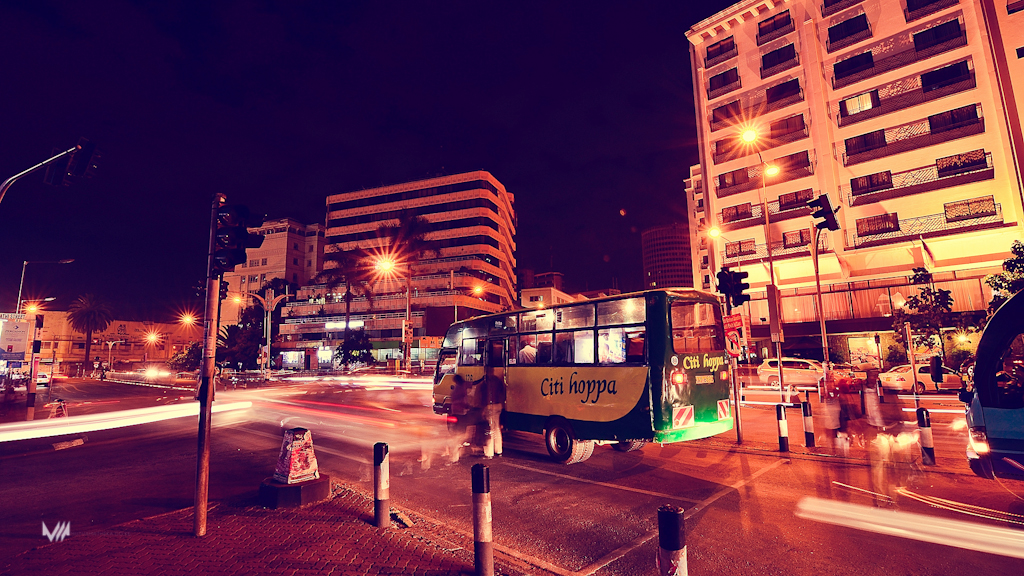In need of revival: The evening economy

The evening economy describes economic activity taking place in the evening after many people finish daytime jobs or formal education, such as eating and drinking, entertainment, and nightlife all supported by public transport services, the hotel industry, oil & energy industries, and social and religious institutions. All activities that sued to happen before COVID and night time curfews.
As public and private sector work towards economic recovery in the wake of COVID 19 public health measures in place, it is important for the country to begin thinking through resuscitation of the evening economy.
Why We Should Care
Night-time economies are an important part of our towns and cities and contribute to the GDP every year. The benefits of a significant evening economy can include:
- Mental health preservation through Recreation for people, which is often welcome after finishing work for the day
- Increased employment due to local spending
- Increased revenue at national level through wider tax base
- Increased revenue at county level via licence revenue
- Reduced social exclusion and increased vitality in towns which helps in the journey towards the inclusive world we all desire
Even as Kenya makes its way through division of revenue stalemates, there is a need to consider the positive economic impact the evening economy would have on individual, county and national economics.
The World Bank Agrees
In the recent past, a pioneer Policy Research Working Paper by researchers at the World Bank used the ‘night lights’ approach to estimate subnational 2013 GDP growth and levels for 47 counties in Kenya. The use of night lights as a proxy for economic activity was based on a strong assumption that almost all consumption and investment activities at night require lighting. Through the report, the World Bank found that there are significant differences in the size of economy across counties. Urban counties with bigger evening economies – Nairobi (21.7%), Nakuru (6.1%), and Mombasa (4.7%) – made large contributions to the national GDP.
Road to Recovery
As we walk the path to economic recovery, we need to work towards resuscitating the evening economy while keeping safe. Resuscitation reclaim jobs/income generating activities and help various industries including:
- Public Transport industry: To support travel for employees and customers across industries and sectors. It would also increase petroleum consumption, restoring fortunes for companies dealing with oil.
- Health Care Industry: Many people rely on public transport and with the curfew and restriction of movement limited to essential services providers, cost of access to health care in the evening is inhibitive as most people in Kenya cannot afford ambulance charges. Especially in the wake of increased job and income loss.
- Manufacturing and production: Once again most employees use public transport to travel to and from work particularly for evening shift workers. Reviving the evening economy would increase demand for products, boost production, increase spend on energy and enable manufacturers to take advantage of favorable energy rates provided for night time production.
- Hospitality and Catering: Take-out orders would be accessible or available 24 hours once more, increasing accessibility, positively impacting demand and sector economics.
Revival of the evening economy would also positively impact the Tours and Travel sector as well as the Sports, Events and Entertainment sectors, restoring jobs, and enabling people to unwind with positive impact on mental health and overall societal wellbeing.

